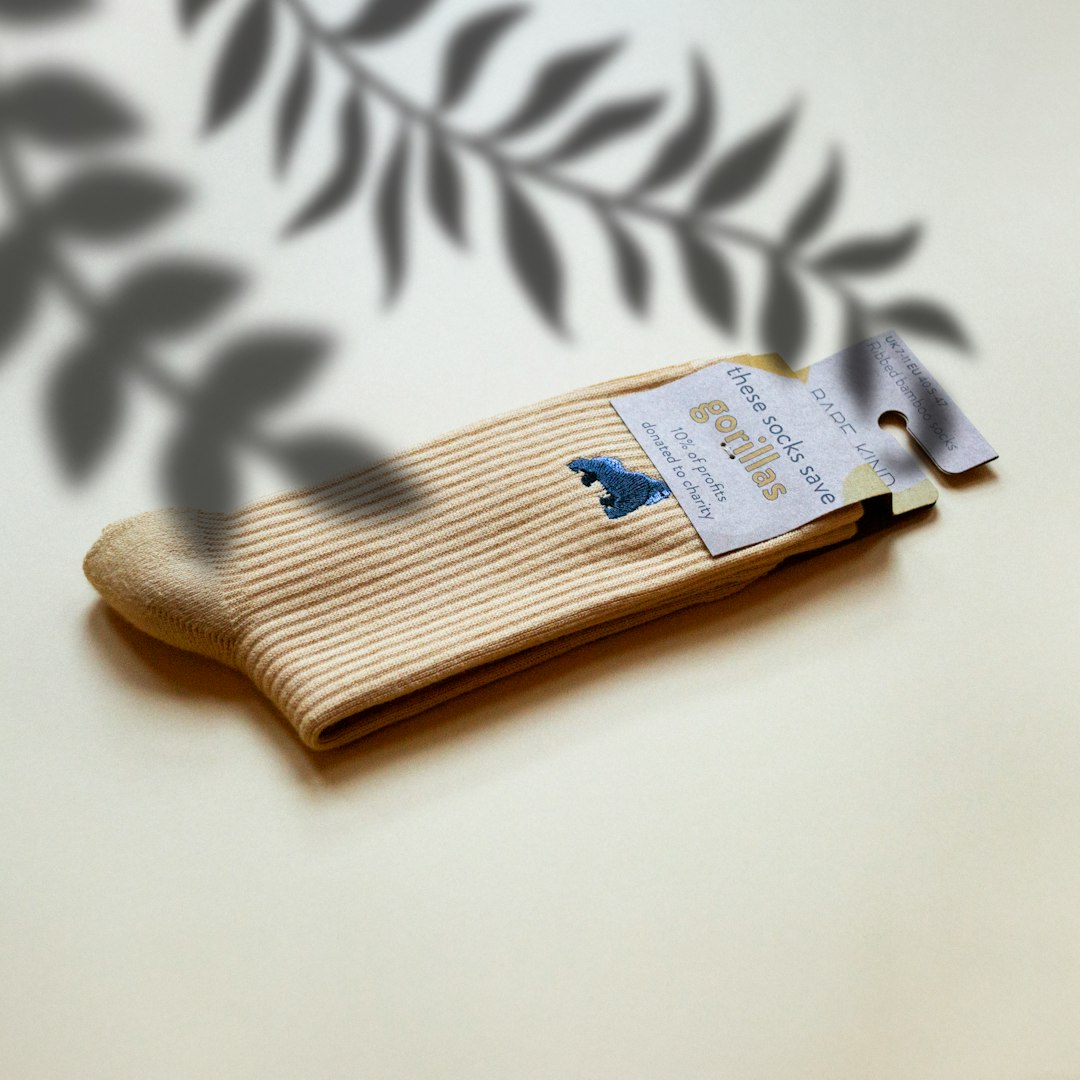In a rapidly evolving world where environmental consciousness is no longer just a niche concern, even the smallest details of professional life are being reevaluated for sustainability. One such detail is the humble business card holder. Once a purely functional accessory, it is now becoming a symbol of eco-awareness and ethical responsibility. Sustainable business card holders crafted from recycled, vegan, and reclaimed materials are not only a practical alternative to traditional products but also a statement of principle in the corporate world.
The Case for Sustainable Business Accessories
With the growing urgent need to reduce waste, eliminate plastic, and lower our carbon footprint, sustainable materials are leading the way in reshaping industries — even fashion and office supplies. A business card holder may seem minor, but for professionals who use them regularly, especially at conferences, networking events, and meetings, choosing an eco-friendly option sends a powerful message about values and foresight.
Traditional card holders are often made of leather, vinyl, or non-degradable plastics. These materials, while durable, can have a significant environmental cost, including high carbon emissions, water pollution, and ethical concerns related to animal welfare. By contrast, sustainable business card holders support responsible consumption and responsible production, aligning with UN Sustainable Development Goals (SDGs).
Types of Sustainable Materials
What makes a business card holder sustainable? To categorize a product as eco-friendly, it must typically be composed of materials that are either naturally renewable or sourced from pre-used objects—minimizing waste and avoiding depletion of natural resources.
Here are the most prominent sustainable materials:
- Recycled Materials: These can include recycled plastics, aluminum, or fabric. They help reduce landfill waste and lower the demand for raw material extraction.
- Reclaimed Materials: Often salvaged from older products or waste wood and metal. Reclaiming materials extends their lifecycle and reduces environmental impact.
- Vegan Alternatives: These replace animal-derived options with cruelty-free materials such as cork, Piñatex (pineapple leather), or apple leather.
Choosing such materials does not imply compromising on aesthetics or functionality. Modern eco-conscious brands are adept at combining design and purpose to create products that are both attractive and durable.

Benefits Beyond Sustainability
Aside from supporting environmental health, sustainable business card holders bring other significant advantages:
- Brand Alignment: Using eco-friendly accessories showcases your company or personal commitment to sustainability, echoing broader CSR (Corporate Social Responsibility) goals.
- Unique Aesthetic: Products made from reclaimed wood or recycled fabric often have unique variances, textures, and patterns, making each item distinctive.
- Reduced Animal Harm: Vegan material alternatives spare countless animals from being used in traditional leather production.
- Storytelling Piece: A well-designed, eco-friendly card holder can be a conversation starter, offering an opportunity to share your values and inspire others.
Popular Materials in Depth
1. Recycled Plastics and Aluminum:
Though plastic is typically seen as an environmental villain, recycled plastic breathes new life into waste. When processed efficiently, it results in sturdy and stylish holders with minimal environmental impact. Likewise, aluminum—one of the most recyclable materials—can be reused without losing quality, significantly lowering energy consumption compared to mining new metals.
2. Cork:
Cork is harvested without harming the tree, making it one of the most sustainable materials available. It’s also lightweight, water-resistant, and resilient. Cork business card holders have a natural, earthy appearance and tend to be softer to the touch than metal or hard plastic.
3. Piñatex and Apple Leather:
Innovations in plant-based leathers have led to materials like Piñatex, derived from cellulose fibers extracted from pineapple leaves, and apple leather, which uses waste from the apple juice industry. These alternatives mimic the texture and feel of leather while avoiding animal cruelty and supporting organic farming techniques.

4. Reclaimed Wood and Metal:
Recycling old furniture or dismantled construction elements turns waste into new, useful objects. Skilled craftsmen are repurposing these into elegant business card cases. A reclaimed wood holder, for instance, may carry character, history, and charm unmatched by mass-produced items.
Brands Leading the Way
A number of pioneering brands are spearheading the effort to redefine what professional accessories look like. Their commitment to sustainability is reflected both in their materials and their production ethics.
- Elvis & Kresse: A UK-based brand that upcycles decommissioned fire hoses into sophisticated accessories. Their business card holders are not only rugged and waterproof but also benefit social causes.
- Watson & Wolfe: Known for high-end, cruelty-free alternatives, using materials like corn-based leather and microfiber made from recycled plastic bottles.
- Hemera London: Offers artisan-crafted, minimalist designs using reclaimed wood and natural textiles, all handmade in small batches.
These companies offer an alternative to high-volume, impersonal retail chains, opting instead for ethical sourcing, small-scale production, and circular economy principles.
How to Choose a Sustainable Business Card Holder
If you’re considering making the switch to greener accessories, here are a few considerations to ensure a conscious purchase:
1. Examine the Material:
Look for clearly labeled ingredients or components. Verify whether the material is truly recycled, reclaimed, or plant-based.
2. Ask About Manufacturing Practices:
Sustainable materials mean little if they’re processed in environmentally harmful ways. Seek out information about the brand’s entire supply chain.
3. Certifications Matter:
Look for third-party validation such as B Corporation status, FSC certification (for wood products), or PETA certification for vegan items. These indicate the brand adheres to rigorous sustainability and ethical standards.
4. Longevity:
The longer your card holder lasts, the more sustainable it becomes. Choose a product that suits your professional environment while also withstanding daily handling.
Conclusion: A Small Step, A Big Statement
Transitioning to a sustainable business card holder may seem like a modest change, but it plays a role in a larger movement toward conscious consumption. In a world increasingly defined by our environmental choices, professionals who reflect eco-conscious values—even in the accessories they use—stand out as forward-thinking leaders.
As remote work changes how we network and present ourselves, the tactility of a business card holder becomes even more striking. It draws attention, it tells your story, and with the right material choices, it helps tell a better story for our planet.

So, whether you’re heading into a corporate meeting or attending a sustainability-focused conference, that small wallet of cards in your pocket carries more than contact details—it carries a message. Make it a message worth sharing.
yehiweb
Related posts
New Articles
11ty Live Reload Not Working? Here’s How to Fix
You’ve just installed 11ty (Eleventy) and you’re excited. You fire up your project, make a small change… and nothing happens….


